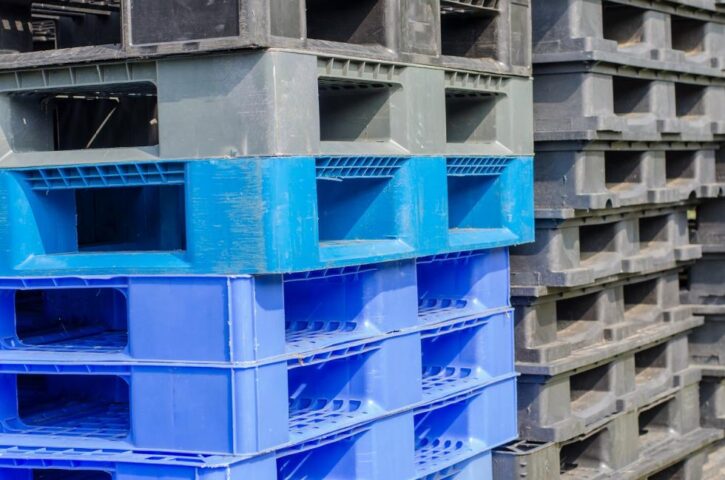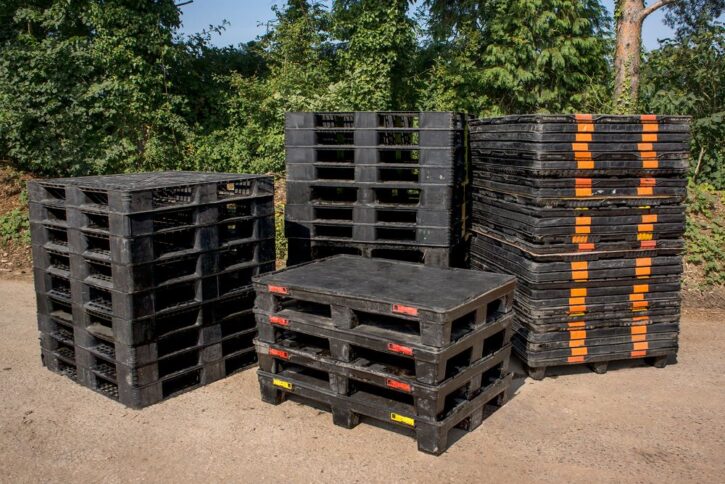
Source: ubeeco.com.au
Plastic pallets, by definition, are sustainable and recyclable. But does that mean they’re truly environmentally friendly? It’s a complicated question that requires taking a look at all the factors involved in production and use of plastic pallets. To help you understand the potential environmental impacts of plastic pallets, we’ve compiled this list of some things to consider. From the material used to manufacture them to their life cycle assessment, discover how eco-friendly these plastic pallets really are—and what you can do to reduce their carbon footprint.
What are Plastic Pallets?

They are an eco-friendly alternative to traditional wooden pallets. They are made from recycled materials and are 100% recyclable. Eco friendly plastic pallets are also stronger and more durable than wood, making them ideal for heavy-duty applications.
There are many benefits to using plastic pallets over wooden ones. Here are just a few:
- They are made from recycled materials, so they’re good for the environment.
- They’re extremely strong and durable, so they can handle heavy loads.
- They’re easy to clean and don’t harbor bacteria like wood pallets can.
- They’re lightweight, so they’re easy to transport.
What are the Benefits of Using Plastic Pallets?
There are many benefits of using plastic pallets over wood or metal pallets, including their environmental friendliness. They are made from recycled materials, so they help to reduce the amount of waste in landfills. They are also lighter than other types of pallets, so they use less fuel to transport.
Another benefit of plastic pallets is that they are easy to clean and disinfect. This is important for food and medical applications, where sanitary conditions are essential. They can also be reused many times, further reducing their environmental impact.
Are There Any Drawbacks to Using Plastic Pallets?

First and foremost, it’s important to know that not all plastic pallets are created equal. Some are made with recycled materials while others aren’t, so it’s important to do your research before making a purchase.
That said, there are some general drawbacks to using plastic pallets that are worth mentioning. One is that they can be more expensive than their wood counterparts. Additionally, plastic pallets can be more difficult to repair if they become damaged.
Finally, it’s worth noting that some plastic pallets aren’t as eco-friendly as you might think. While they may be reusable, some aren’t recyclable, so they eventually end up in landfills.
Wrapping Up
Plastic pallets offer a unique, affordable solution for storing and shipping goods in a safe, efficient manner while also providing an environmentally friendly option. Plastic pallets are strong and durable enough to withstand the rigors of regular use and have been proven to be less expensive than traditional wooden pallets over time. By properly managing plastic pallet waste streams, companies can effectively reduce their overall environmental impact. We hope this article has provided useful insight into the benefits of using plastic pallets as part of your logistics operations.









